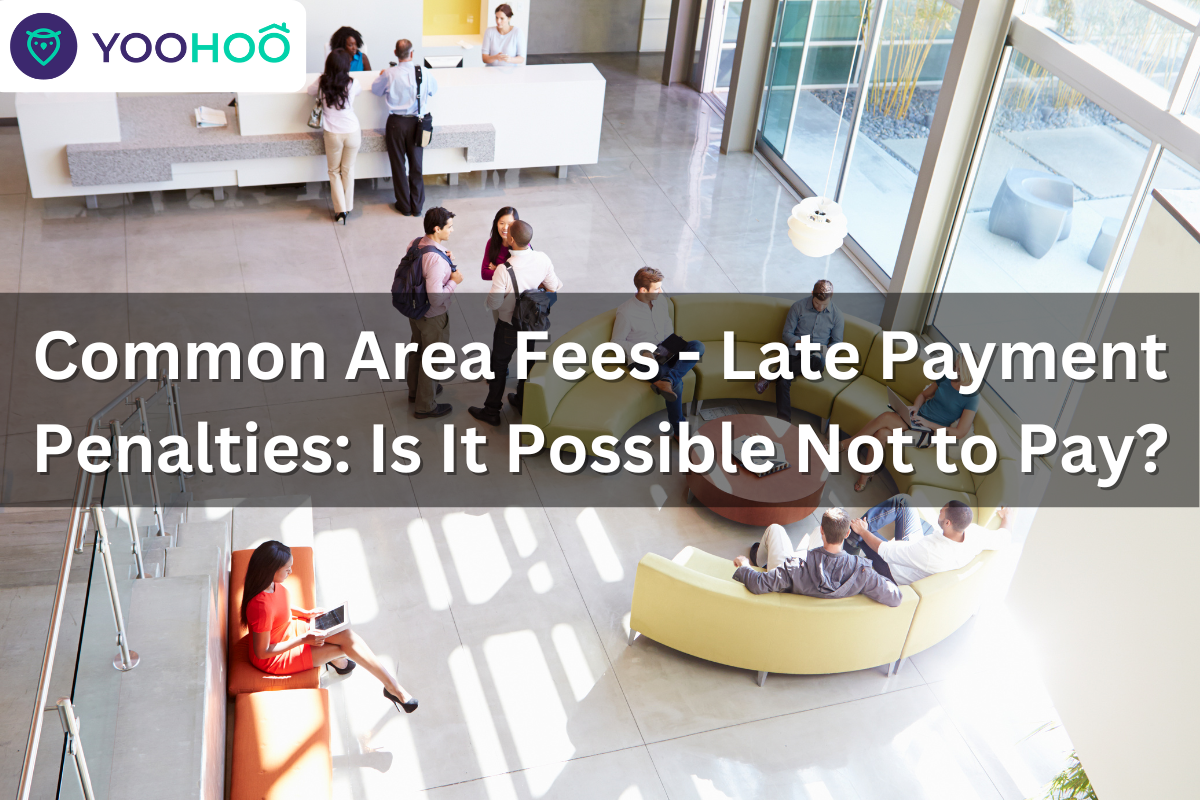
Living in a condominium or a housing estate involves paying "common area fees," which are used to maintain shared facilities. So, what are the consequences of not paying these fees, and can you avoid paying late penalties? Today, YOOHOO will provide answers.
Before diving into the impact of not paying, let's clarify what common area fees are. These fees are collected by the legal entity of the project from residents or owners to maintain common areas and facilities, such as water and electricity for common areas, security staff salaries, cleaning services, equipment repairs, and the administrative staff's wages. They are collected as follows:
What happens if you don’t pay the fees?
If the legal entity cannot collect enough common area fees, there will be insufficient budget for maintenance, which can result in:
Can you avoid paying common area fees?
The answer is NO, for two main reasons:
If you choose not to pay, the legal entity has the authority to impose penalties and restrict various rights, depending on the policies of the specific project.
Paying common area fees is crucial for maintaining the quality of life and environment in the community. Non-payment can lead to legal issues and disrupt the well-being of everyone in the project. Upholding shared responsibilities ensures peaceful and quality living. If you are unable to pay, it is best to negotiate with the legal entity to find a solution together.